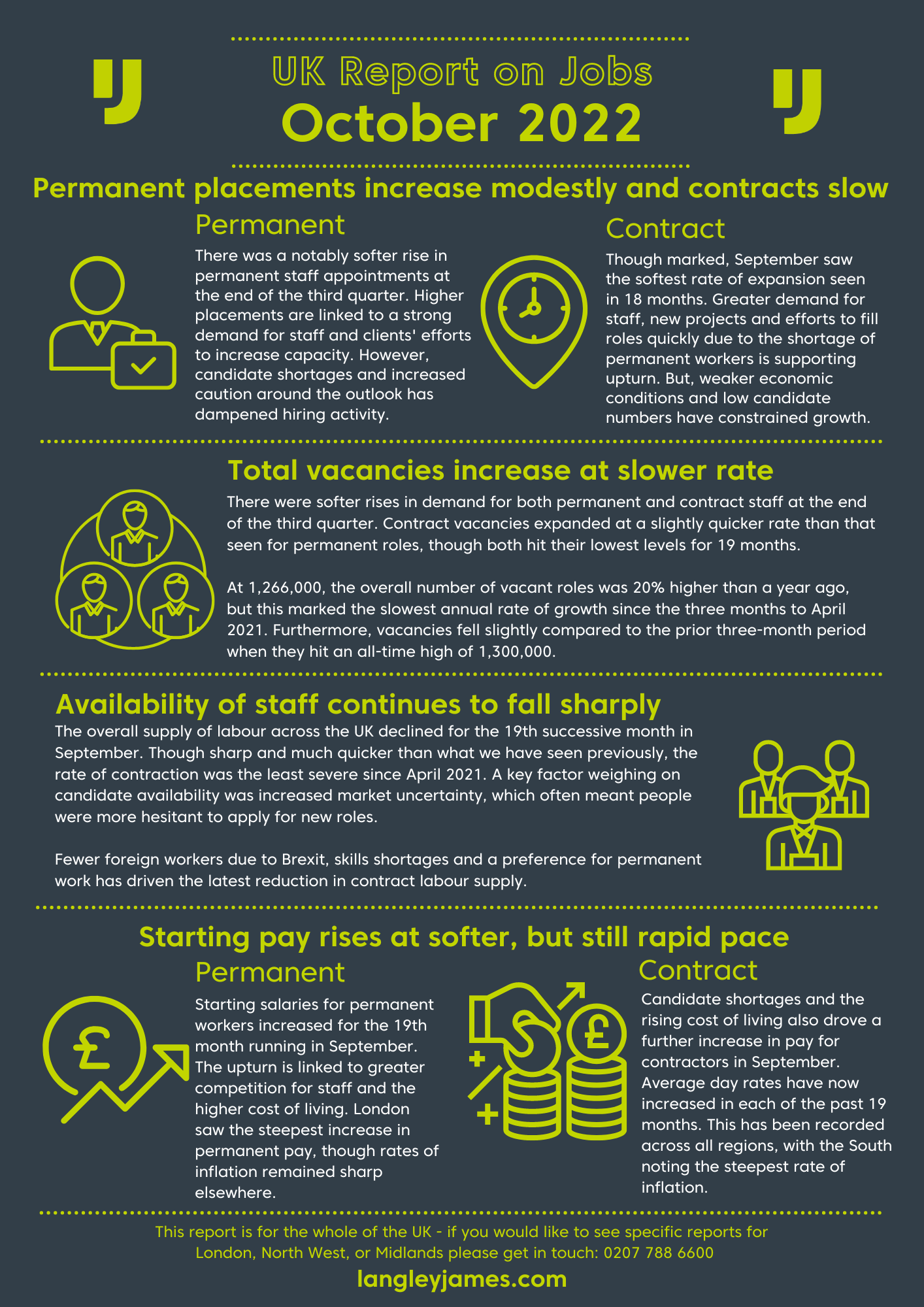
Are Your Technical Tests Inhibiting Your IT Recruitment?
Technical tests are often used in IT recruitment. Technical testing can provide a far greater insight into how the potential employee will perform in your role. Interviewing on gut feeling is not right, and tests can assist in confirming or rejecting those “nice people” that are professional interviewees. Remember, most people have been an interviewee far more than an interviewer! But are your tests preventing you from securing great candidates?
What do technical tests entail?
Technical tests are a more practical way of interviewing a candidate. They are used in order to assess technical ability and knowledge required to be able to fulfil the role. Depending on the technical skills that are required for the role, technical testing methods will vary. Technical tests are a great idea to help your interview process. You can download a multitude of tests to suit your need. There are free ones and there are ones you can pay a fee for. It’s an industry all on its own and some people and companies are making a great living from it, so they must be worthwhile.
Not all questions administered to the candidate are aimed towards testing technical knowledge and ability. Often technical tests also test problem solving skills, personal skills, communication skills and even how their thought process is constructed.
You may already be testing IT candidates as part of your recruitment process. But are your tests right? What are you testing for? Don’t just test for testings sake! Make it a valuable part of your decision making.
How to test more effectively
The best technical tests in our experience are written by someone who knows the role you are recruiting. A person who understands all the necessary technical skills to be a success. But not only this, they will also be able to identify any transferable skills. By testing in this way, you may get a better chance to secure the best person for your role. Testing in this way can help identify those that will perform well at the role, even if they don’t have the tech skills that are on your list.
When using an ‘off-the-shelf’ technical test, you’ll find that some of the questions are not relevant to your role. Whilst they may be valid technical questions, not all will be suitable. This is the feedback we have had from candidates. And in some instances, the suitability of the technical test has even discouraged them from taking the role.
So in short make sure your technical test is relevant to the role you are recruiting, otherwise you may be losing out on some great candidates. However, it’s also important to ask the right questions in interview to help determine someone’s technical ability.
What should technical interview questions entail?
To be able to make a fair decision about the ability of the candidate to perform in the role, it is vital to ensure the questions you ask the candidate will reveal certain key attributes.
Our advice is to ask questions that will:
- Relate to the company’s technical activities and demonstrate a candidate’s knowledge and experience in these activities
- Demonstrate a candidate’s ability to complete technical activities that are required as part of the role
- Demonstrate the candidate’s previous experience, knowledge, or education in a particular field
- Require the candidate to demonstrate their problem-solving skills. This can be done by administering a case study that explains an issue the candidate may come across as part of the role and assessing how they solve the issue and comes to a conclusion.
Are technical tests worth doing?
All in all, technical tests are a great method to use to interview a candidate. They can reveal a lot about the individual’s ability to undertake the role they have applied for. But as well as technical testing, be sure to get to know the candidate on a more personal level to ensure they will be a good fit for your company.
Another key point to remember is to make sure that your testing doesn’t cause delays to the interview process. In the current market it’s important to make sure your process can be quick to secure the best candidates. You may find our blog 3 Simple Ways to Speed Up Your Hiring Process an interesting read.
The interview process can be a stressful time for both the candidate and the interviewee. If you need help recruiting the best IT professionals, our expert consultants are on hand to help you at every step of the recruitment process. Call us on 0207 788 6600.




Recent Comments